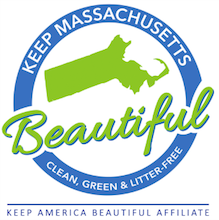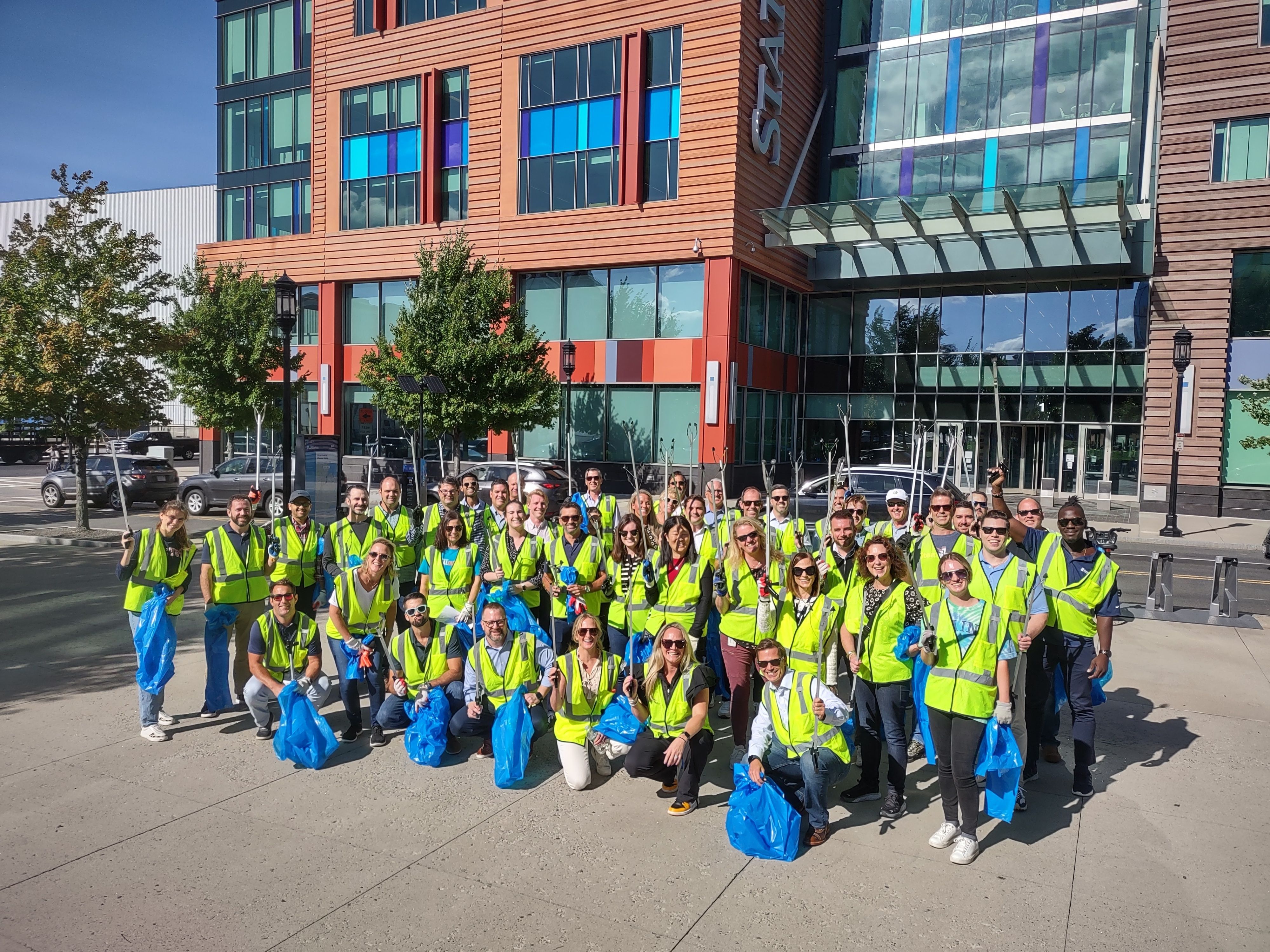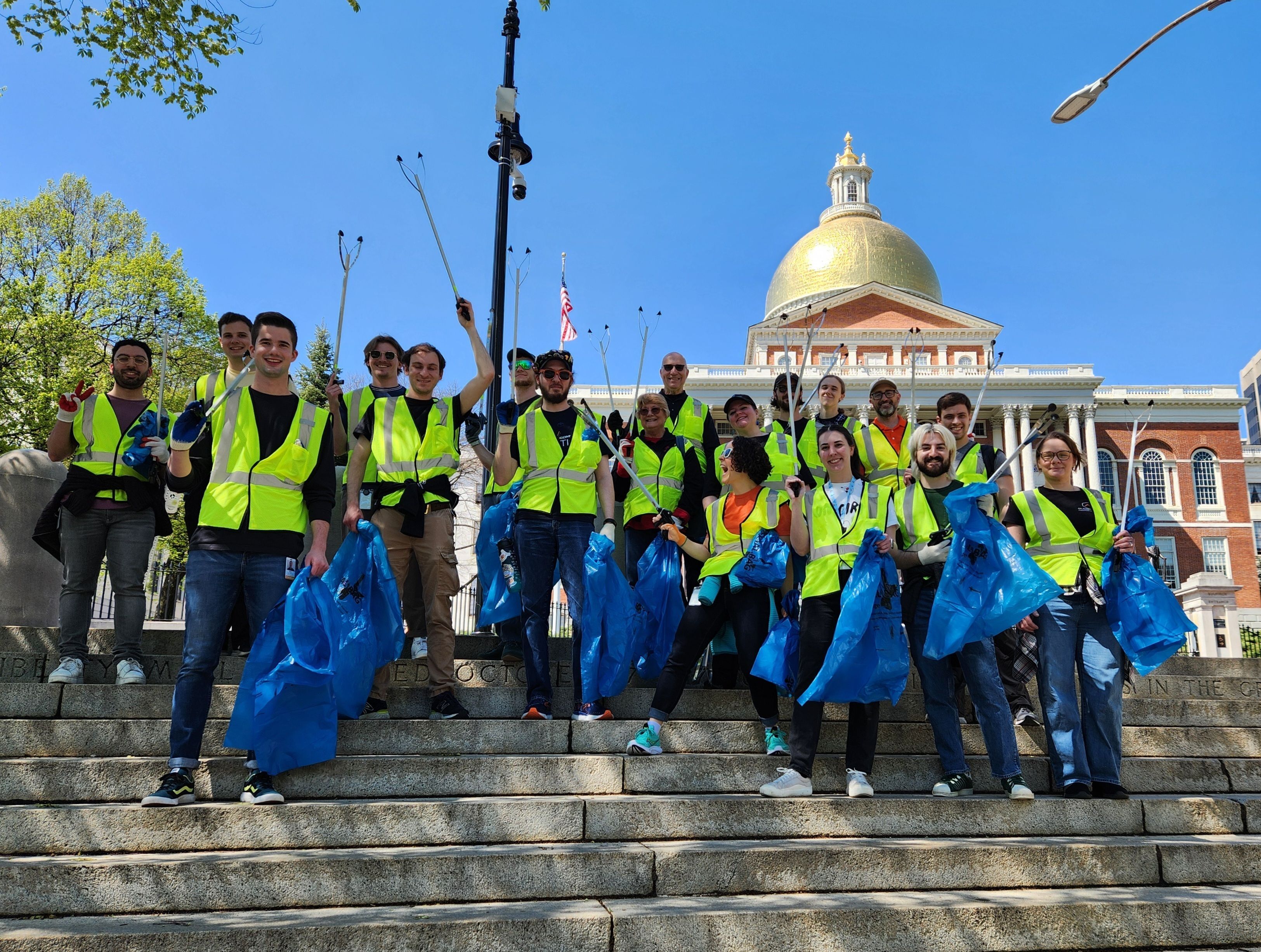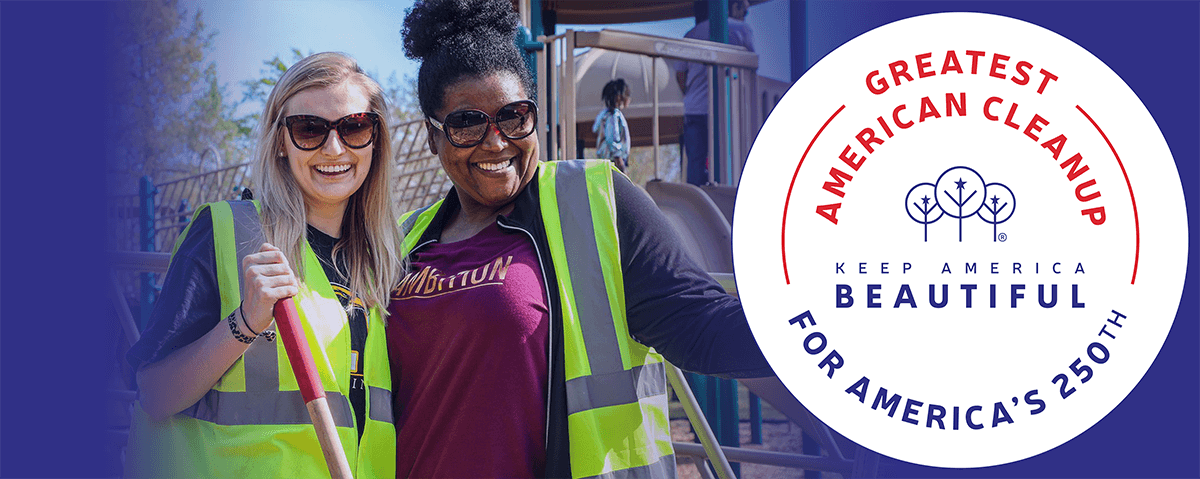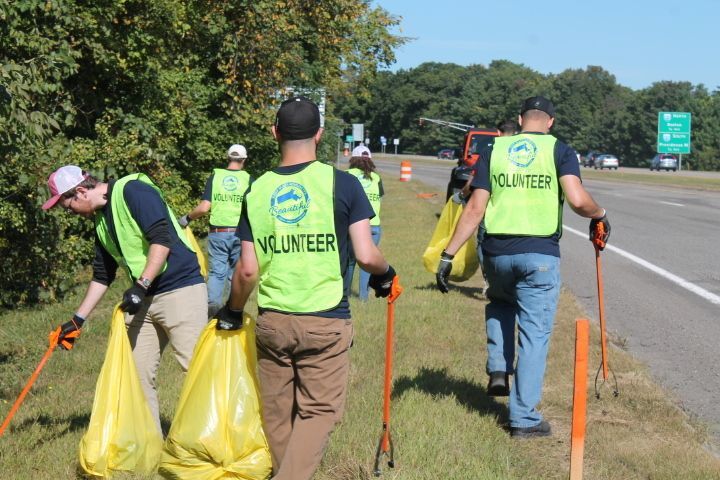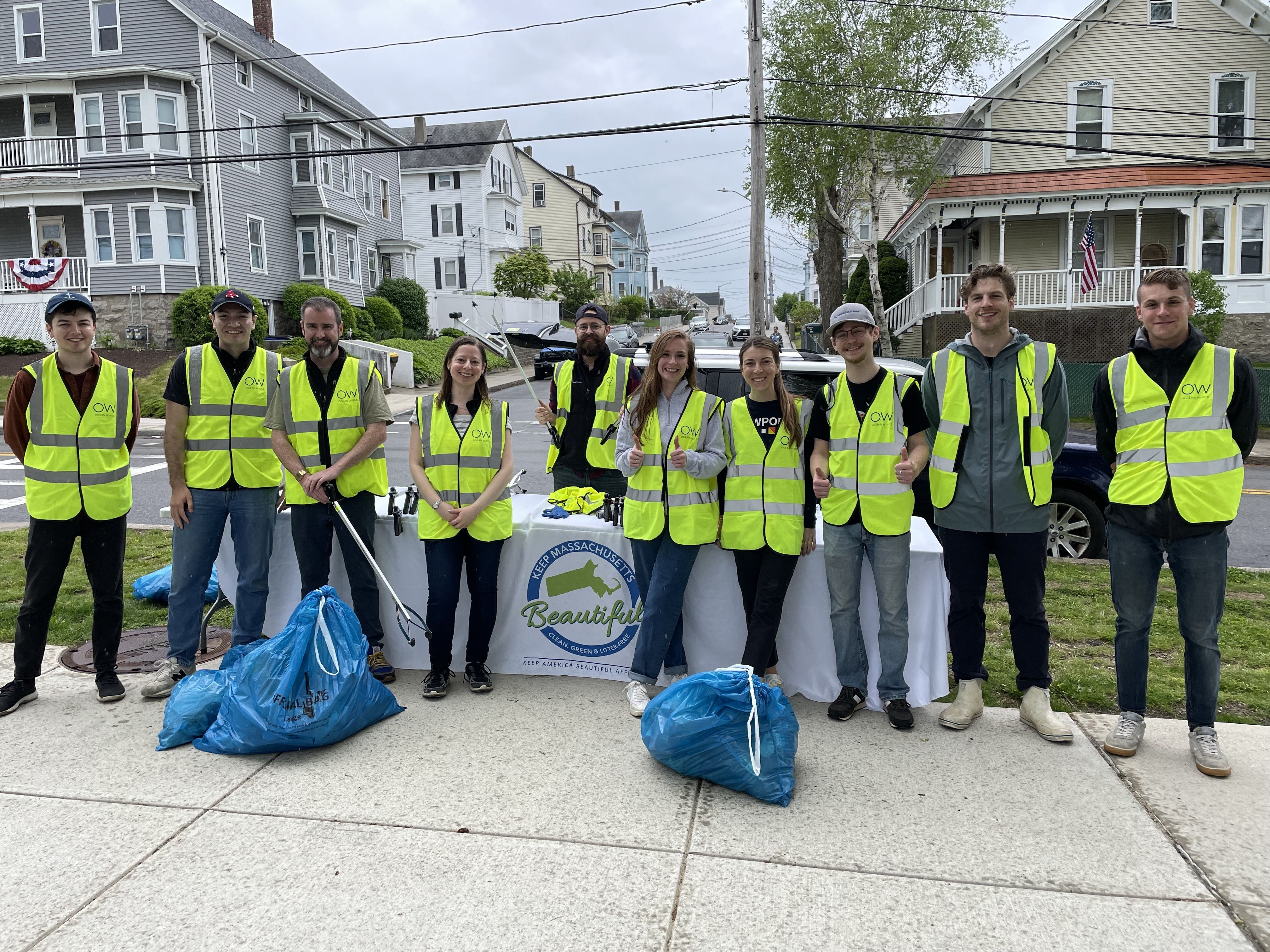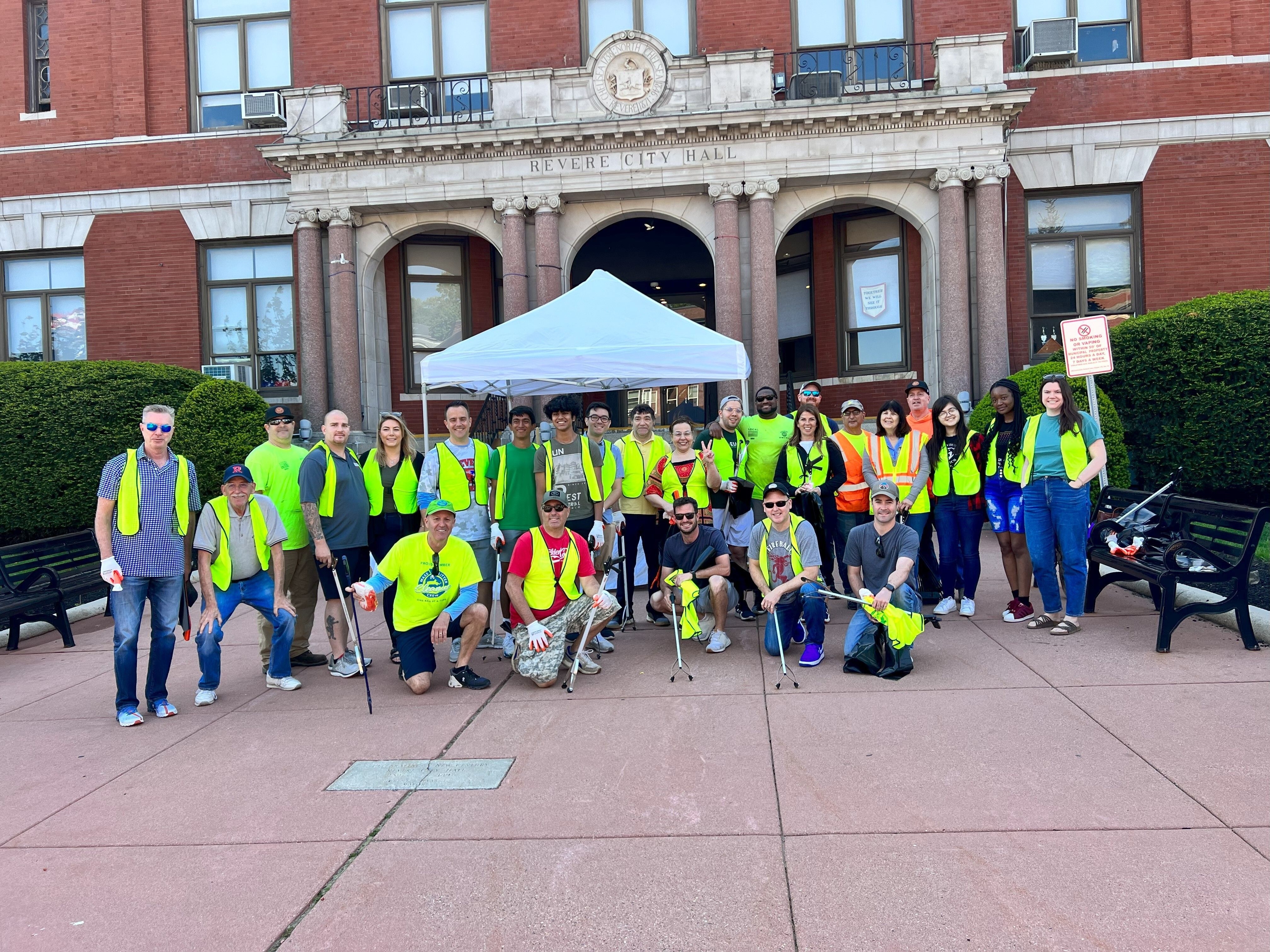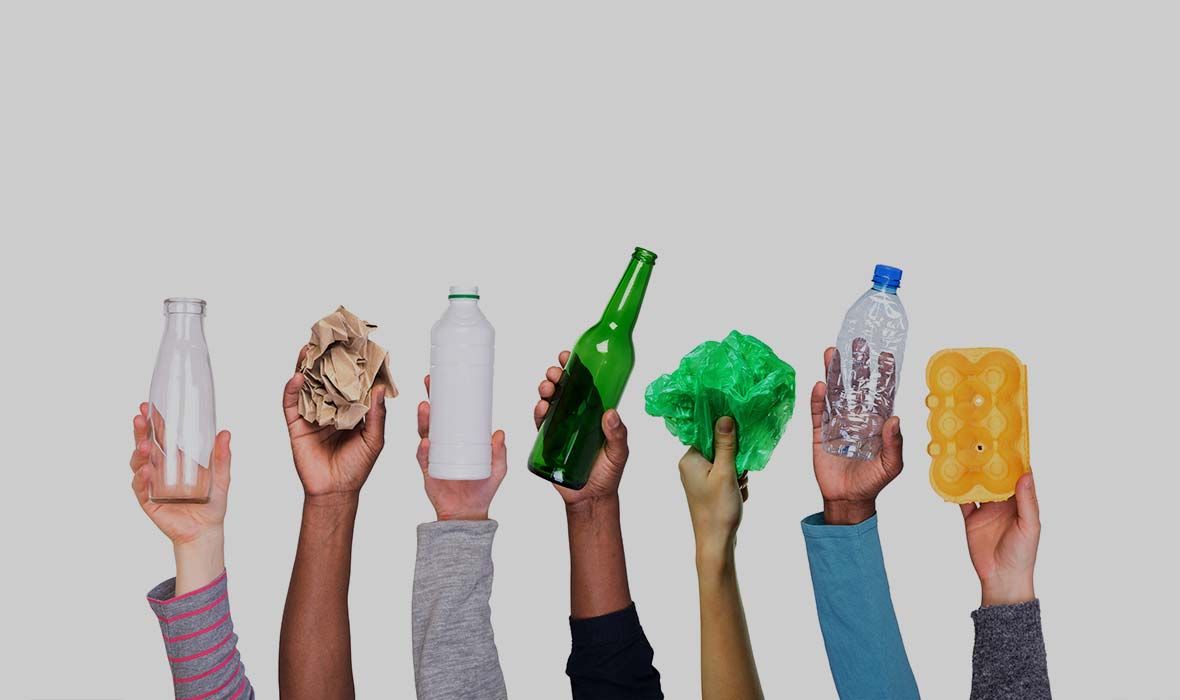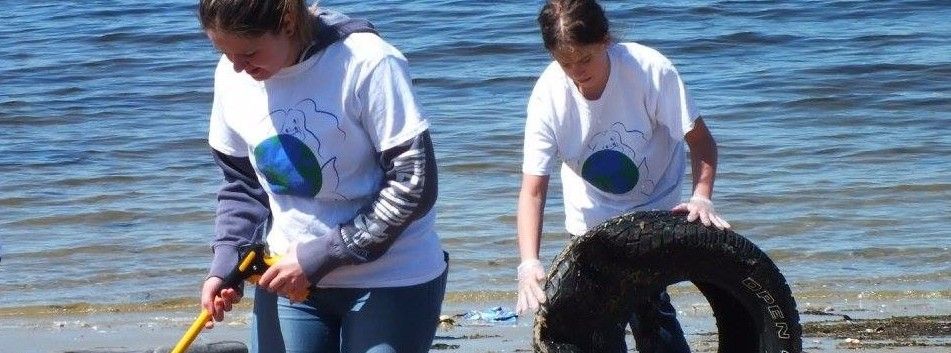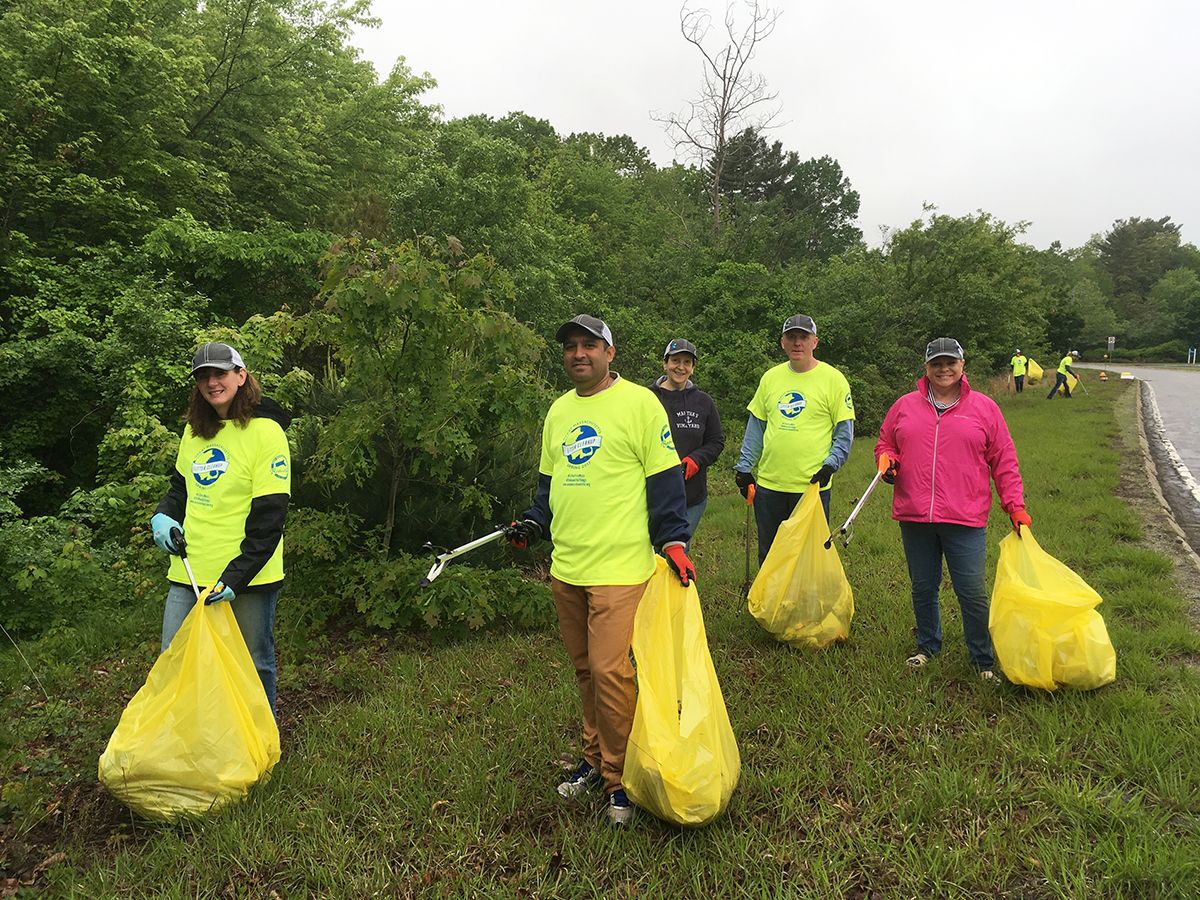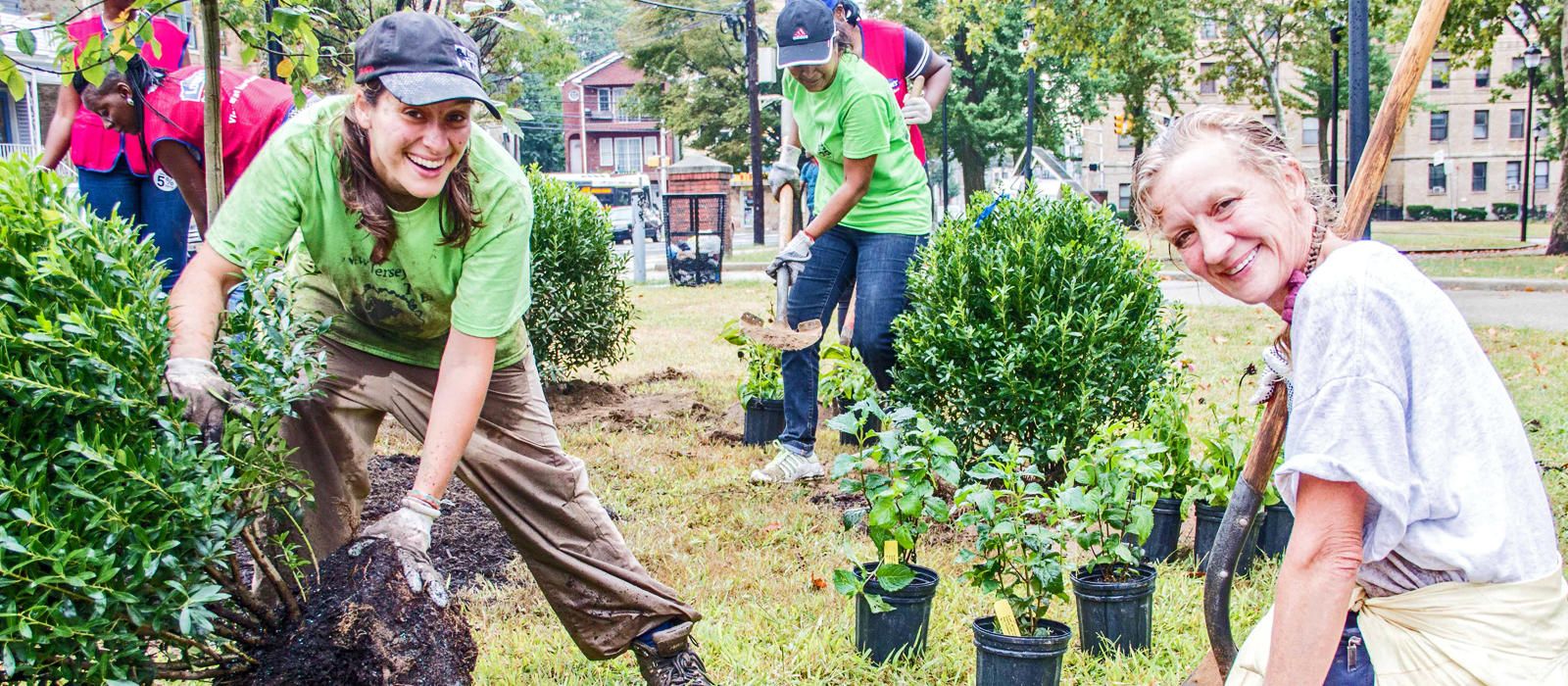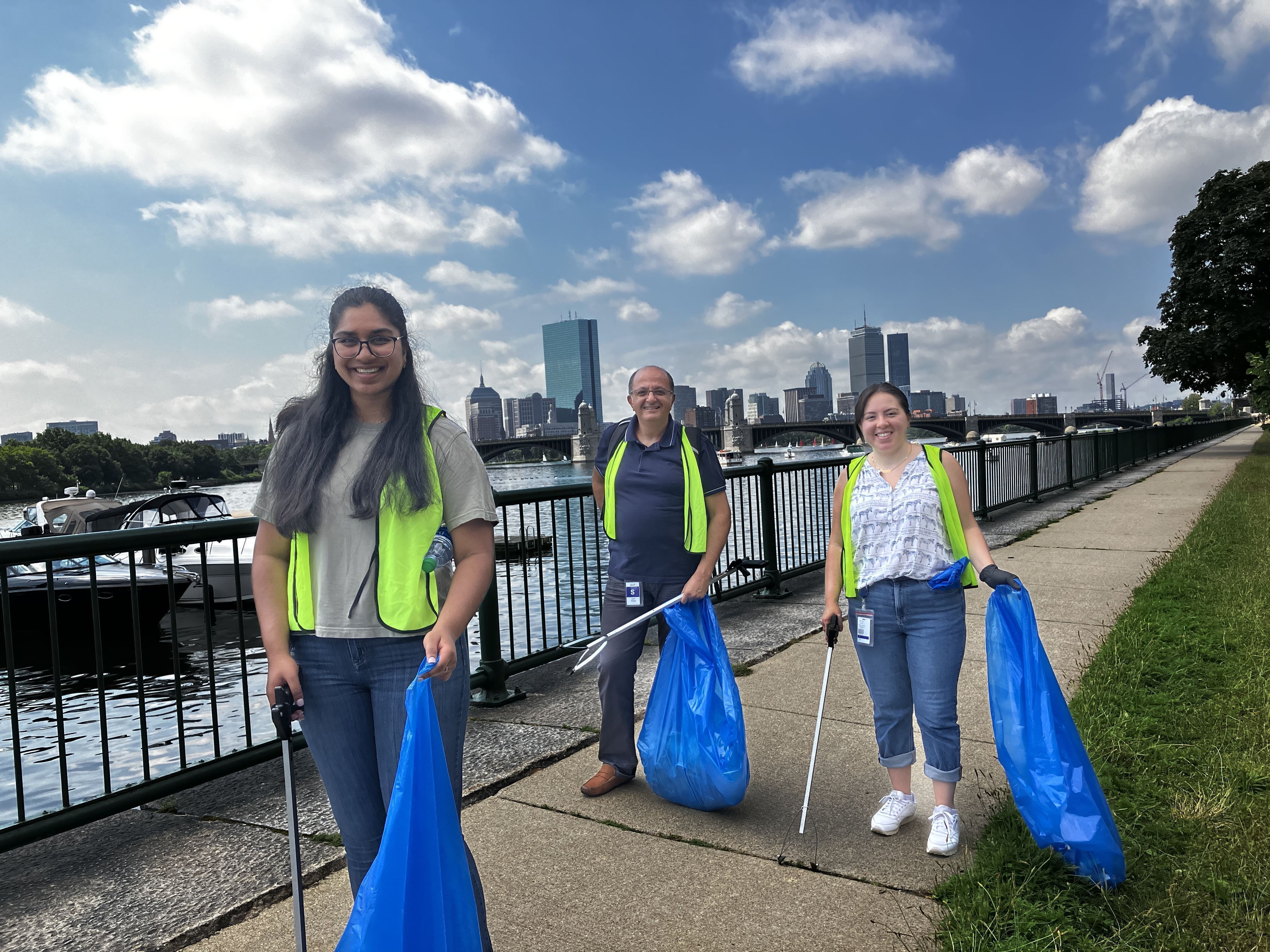What We Do
We collaborate with volunteers, business partners, and government leaders to take action and make Massachusetts a cleaner, greener place to live, work, and play. Get involved today.
-
Explore Our Programs
Our programs leverage the power of volunteers to reduce litter, promote waste reduction and recycling, and beautify Massachusetts communities.
-
Company Community Service
Is your business looking for a worthy community service project? We will match you with a local municipality in need of volunteers and ensure it's a successful day for all involved.
-
Join the Mass Litter Cleanup Crew
Take the pledge to keep your community litter-free and we'll ship you a Litter Cleanup Kit!
-
Join a Community Service Event
Volunteer for a community service event in your area or list your event on our calendar.
Join an Upcoming Event!
Our Impact
Every year, we help volunteers in communities across our state organize community-wide litter cleanups as part of the Great Massachusetts Cleanup. These efforts are making a tangible impact in Massachusetts.
-
Number of Cleanup Events Hosted in 2025
125+
-
Volunteer Hours in 2025
25,000+
-
Pounds of Litter Removed in 2025
300,000+
-
Tons of Litter Removed in 2025
100+
-
Value of Volunteer Services in 2025
$750,000+
The Latest News & Views from KMB
Bathroom recycling is often overlooked, but it's an important part of reducing waste in your household. Learn tips and tricks to make your bathroom recycle-friendly, and find out exactly what bathroom products are and are not recyclable.
Are heavy snow and frigid temperatures preventing you from pursuing your litter-pickup passion? Here are several suggestions for how you can make the best use of your time while trapped indoors.
KMB volunteers who venture outside on cold winter days deserve a Bay State Medal of Honor, personally bestowed upon them by the Governor in a public ceremony attended by Tom Brady, David Ortiz, and Sir Edmund Hillary.

Thank You To Our Business Sponsors!
-
 Edrington
Edrington -

